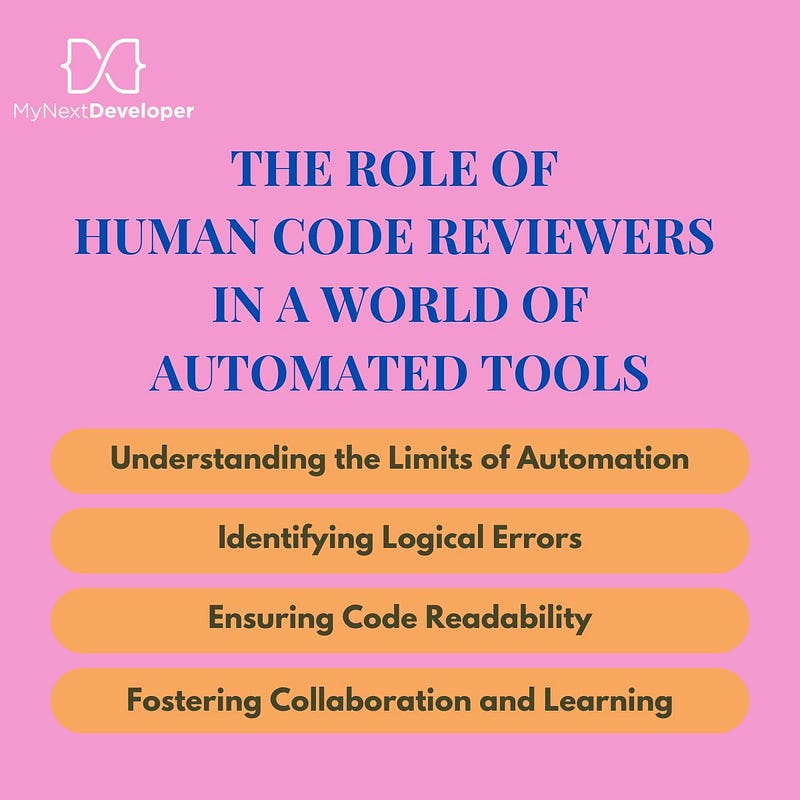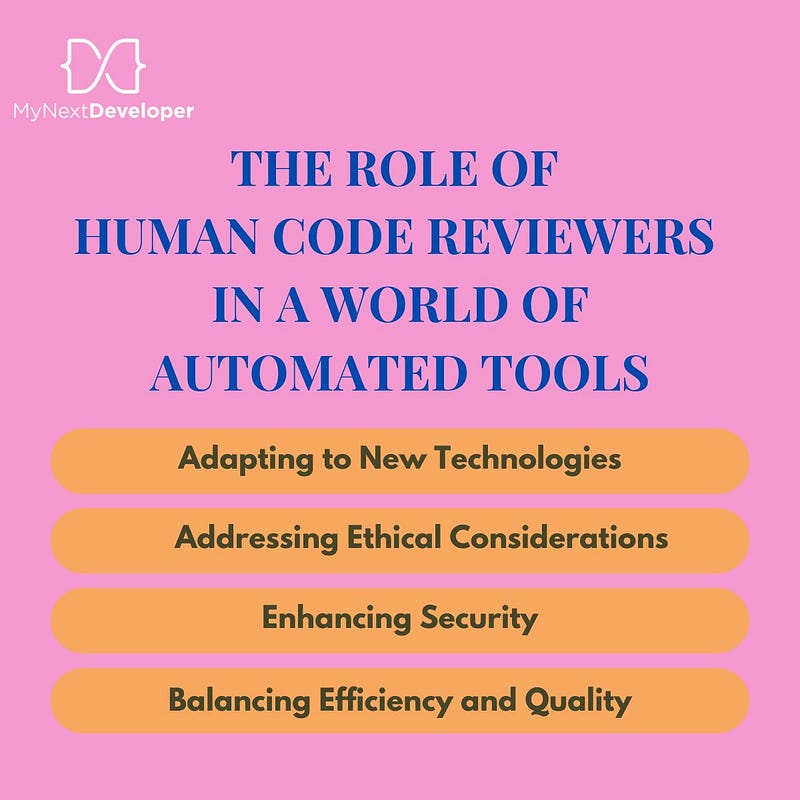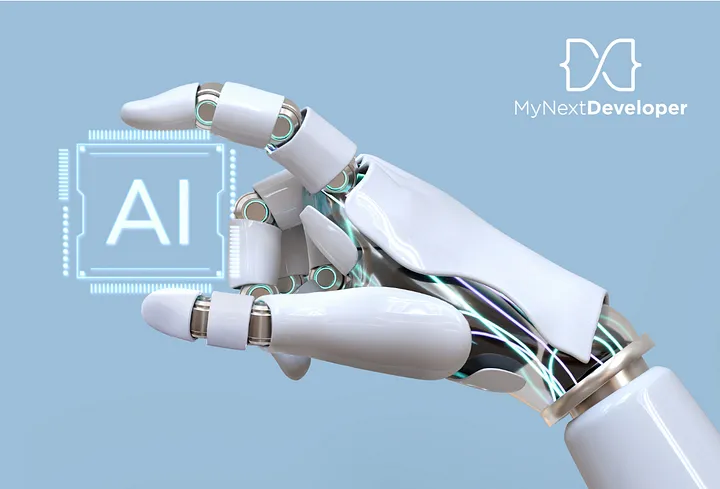What is the Role of Human Code Reviewers in a World of Automated Tools?
What is the Role of Human Code Reviewers in a World of Automated Tools?

Automation is taking over the tech world. Automated tools now play a significant role in software development. They help speed up processes, reduce errors, and increase efficiency like never before. But where does this leave the human code reviewers? Do they still play a role in this world of automated tools? The answer is yes. Check out why human code reviewers remain as essential as they have always been.
Understanding the Limits of Automation
Automated tools excel in repetitive tasks. They can quickly scan through code and identify common errors. These tools use predefined rules and patterns. They have the potential to catch code errors and potential bugs. But at the same time, they have limitations. They lack the basic understanding a human has.
Automated tools do not understand the context. They analyze code based on rules but cannot grasp the bigger picture. Human reviewers view the bigger context in play. They understand the project’s goals, the team’s dynamics, as well as the end-users’ needs. This is crucial for ensuring the code aligns with the objectives.
Identifying Logical Errors
Automated tools often miss logical errors. These errors occur when the code technically works but doesn’t produce the desired outcome. Human reviewers can identify these issues. They use their reasoning skills to spot the errors. This ensures the software functions correctly.
Ensuring Code Readability
Code readability is vital for long-term maintenance. Automated tools might overlook readability issues. They focus on correctness and performance. Human reviewers ensure the code is easy to read and understandable. They check for clear naming conventions, proper documentation, and logical structuring. This makes it easy to go through future updates and debugging processes.
Fostering Collaboration and Learning
Code reviews are also about team collaboration. They provide opportunities for team members to learn from each other. This fosters better skill development. Automated tools cannot replace human interaction and knowledge sharing within the team.

Adapting to New Technologies
Known to all, the tech world is evolving. New programming languages, frameworks, and tools tend to merge regularly. Automated tools need updates to keep up with these constant changes. But, human reviewers can adapt more quickly. They can understand and use new technologies faster. Their adaptability ensures the code remains up-to-date with the latest standards and protocols.
Addressing Ethical Considerations
It is very important to consider ethical considerations in software development. Automated tools lack ethical judgment. They follow instructions without understanding the consequences. Human reviewers can assess the broader impact of the code. They consider issues like privacy, security, and fairness while checking for errors. Thus, this human oversight ensures responsible coding practices.
Enhancing Security
No doubt, security is a major concern in software development. Automated tools can identify known vulnerabilities. Yet, they might miss some complex security issues. Human reviewers can spot these vulnerabilities. Their experience and intuition play a critical role in enhancing security measures.
Balancing Efficiency and Quality
There is no doubt that automated tools can boost efficiency. They handle large volumes of code with ease. But human code reviewers must ensure to never compromise on quality for speed. They provide a balance, maintaining high standards while leveraging the speed of automation.
Real-World Examples
Many organizations across the globe use this balanced approach. Companies like Google and Microsoft use automated tools on a large scale. Yet, they still rely on human reviewers for critical code assessments. They understand that automation is a tool, not a replacement.
Automated tests run continuously for which human reviewers then provide detailed feedback. This approach ensures high-quality code while enabling community engagement and learning.
What is the Future of Code Reviews?
The future of code reviews lies in enhanced collaboration between humans and machines. As AI and machine learning advance, automated tools will become smarter. With that said, the human element will remain irreplaceable.
Human reviewers will be here to mentor and guide. Their role will evolve, but it will not stop to exist.
Conclusion
Automated tools are invaluable in modern software development. They improve efficiency, reduce errors, and streamline processes. However, they are not a replacement for human code reviewers. Humans take care of context, insight, adaptability, and ethical considerations. The best approach combines the strengths of both. Automated tools handle repetitive tasks, while human reviewers focus on more complex aspects. This beautiful mélange ensures the delivery of high-quality, reliable, and ethically sound software.
In conclusion, human code reviewers continue to play a vital role. Their contributions are irreplaceable, even in a world increasingly dominated by automated tools.
Ready to build your tech dream team?
Check out MyNextDeveloper, a platform where you can find the top 3% of software engineers who are deeply passionate about innovation. Our on-demand, dedicated, and thorough software talent solutions are available to offer you a complete solution for all your software requirements.
Visit our website to explore how we can assist you in assembling your perfect team.



